Japan and China Throughout the 75 Years of the United Nations
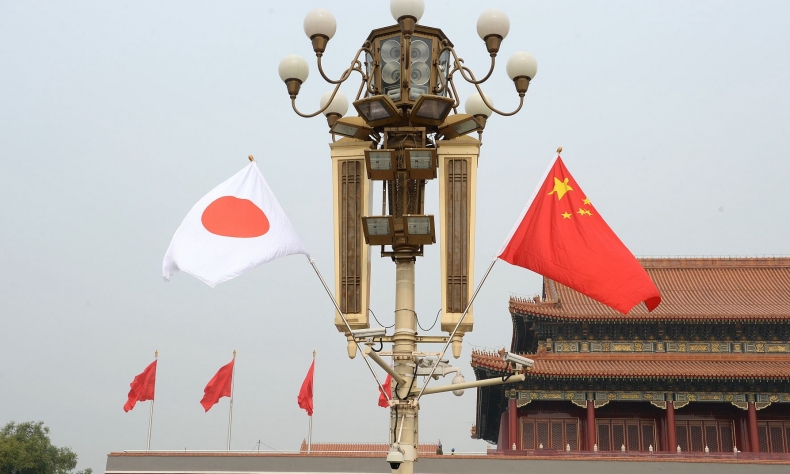
Now we hope that on the basis of the achievements of the past 75 years, the United Nations will achieve strong development with the support and participation of more countries.
Editor’s Note: On the occasion of the 75th anniversary of the founding of the United Nations, People’s China magazine published an article from Mr. Yasushi Akashi, a senior Japanese diplomat and former Under-Secretary-General of the United Nations. During his working in the UN, Mr. Akashi witnessed the historical moment of China’s resumption of her legitimate UN seat and worked together with his Chinese colleagues. In the article, he recalls that period and gives his insight on the future of the UN. With the permission by People’s China, China Focus republishes the article as follows.
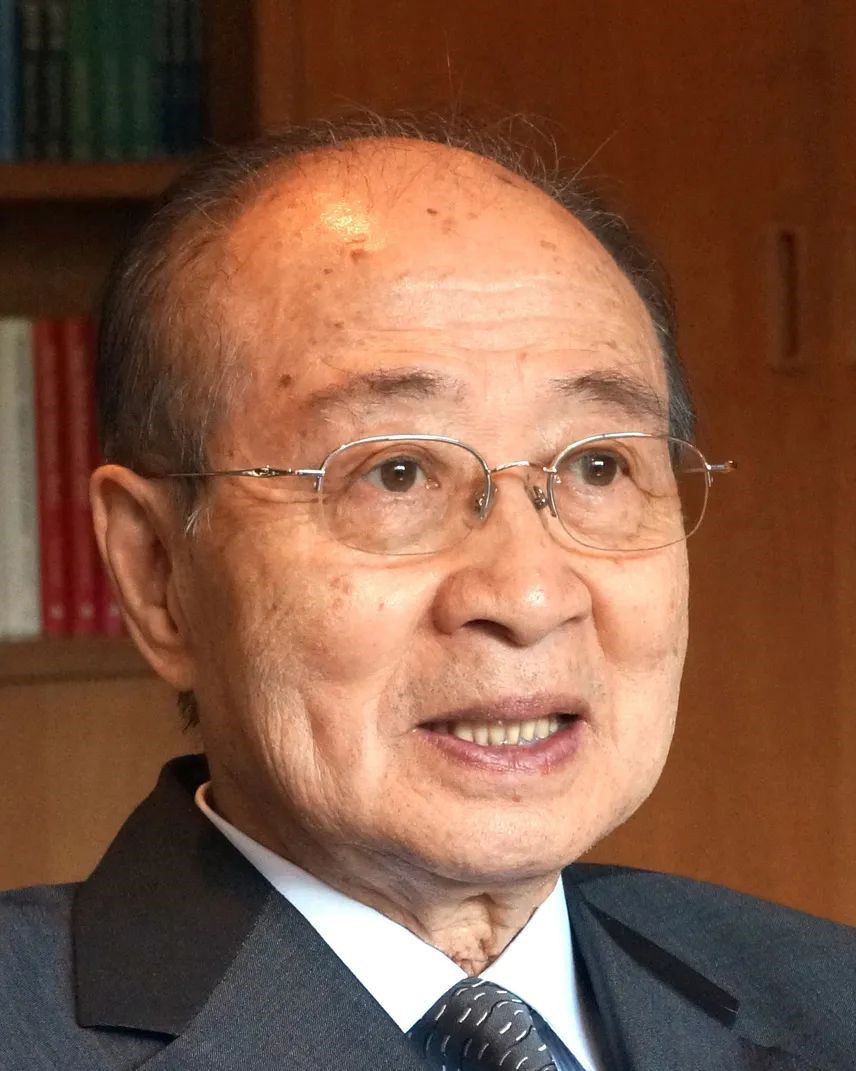
Witnessing the moment when China returned to the United Nations
At the end of World War II in 1945 the United Nations was founded in San Francisco, USA. The year 2020 coincides with its 75th anniversary. At the beginning of its establishment there were 51 member States while now 193 countries have joined it, almost four times as before. Most of them are newly established developing countries in Asia, Africa and the Caribbean region after the founding of the United Nations in 1945.
China is a permanent member of the Security Council, one of the main bodies of the United Nations. On the eve of the founding of the UN, the world was still in war in 1944. China participated in the preparatory meeting together with the United States, the United Kingdom and the Soviet Union held at Dumbarton Oaks, Washington DC. China also participated in internal deliberations on developing the United Nations into a more influential and diversified international organization than the previous League of Nations.
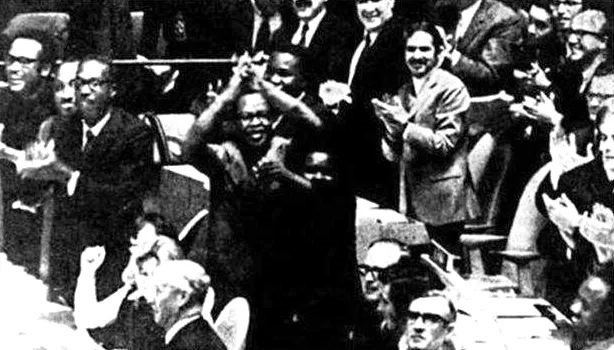
China’s civil war ended in 1949. As the government of the People’s Republic of China established in Beijing wanted to represent China in the United Nations, it must be recognized by the international community that the government of the People’s Republic of China had replaced the government of the Republic of China that had moved to Taiwan and was the legitimate government of the whole of China. However, during the Cold War period, it was extremely difficult to go through this procedure politically. Finally at the United Nations General Assembly held in the autumn of 1971, the government of the People’s Republic of China was recognized as the legitimate representative of China by voting. I witnessed the historical moment when this great feat was fulfilled in the Secretariat. At the plenary session on the transfer of China’s representation diplomats from many countries including African countries jumped with excitement and the joy of “promoting history” could not be suppressed. On the contrary representatives of the countries who supported the Taiwan government were depressed.
Devotion to peacekeeping operations with Chinese colleagues
Later in 1979 I was appointed Under-Secretary-General for Public Information Affairs of the UN Secretariat with the honor of visiting China many times. The dignitaries I met in various cities in Chinese mainland seemed to know very well the importance of China’s role in the United Nations. As a Japanese who had studied ancient Chinese classics in Japanese schools, I was deeply touched by the visit to the “country of the governance by means of culture, education, rites and music” at that moment.
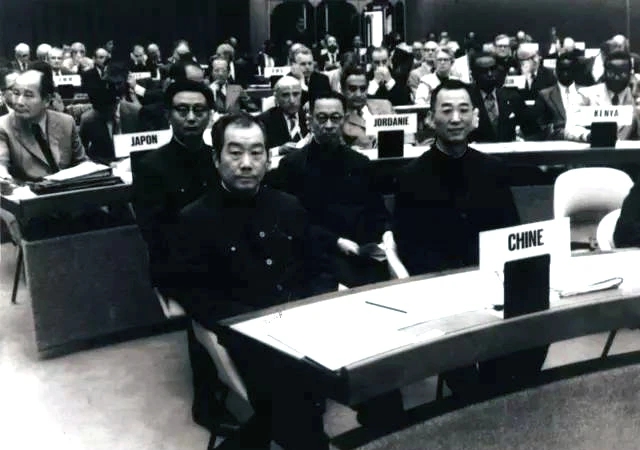
Gradually I made friends with Chinese people working in the UN Secretariat and my friendship with Mr. Bi Jilong, Under-Secretary-General for the UN Department of Economic and Social Affairs became ever deeper. I also had the opportunity to visit local cities in China with him in a relaxed mood. He had a special feeling of his birthplace Shanghai. Every city I visited was unknown yet impressive to me, but in his opinion there was no place comparable to his hometown Shanghai. In fact, I also took pride in my hometown Akita, but sometimes my wife would remind me when I was over-complacent.
In the 1990s after the end of the Cold War, the United Nations began to solve conflicts around the world. Cambodia, located in a corner of Southeast Asia and tortured by the civil war for nearly 20 years, was one of them. From the spring of 1992 to the autumn of 1993, the United Nations launched a large-scale peacekeeping operation there. I was appointed by Secretary-General Boutros Boutros-Ghali as the UN Special Representative for Cambodia. Together with around 20,000 civil affairs personnel, military personnel and police, I contributed to the UN transitional management and democratic elections there.
China, Germany and Japan were all participating in UN peacekeeping operations for the first time. Prince Sihanouk had lived in China for a long time. China also diplomatically persuaded the pol pot faction to refrain from being against the United Nations as a support to our work. At that time Foreign Minister Qian Qichen, Vice Minister Xu Dunxin and my assistant Ms. Fu Ying gave me cordial help, which was pleasant and unforgettable.
I was also delighted to see that Japanese Self-Defense Forces and civilian police also participated in peacekeeping operations for the first time. I hope Japan can play an important international role in the ever-changing world in the future, together with Germany who set up field hospitals and China who sent the whole engineering corps.
At present China not only surpasses Japan to be second only to the United States in paying the UN membership dues, but also actively participates in powerful UN peacekeeping operations in Africa. The outstanding performance of Chinese peacekeepers is rare among other permanent members and has attracted much attention. France and the UK are engaged respectively in dangerous endeavors in the UN operations in Mali and Sierra Leone which cannot be accomplished by others while Germany contributed to the international operations in Afghanistan. In contrast, although the Japanese Self-Defense Forces deployed in South Sudan had taken actions within the UN framework, they are sometimes over-prudent. Unfortunately, Japan seems to pay more attention to security orientation than other member States.
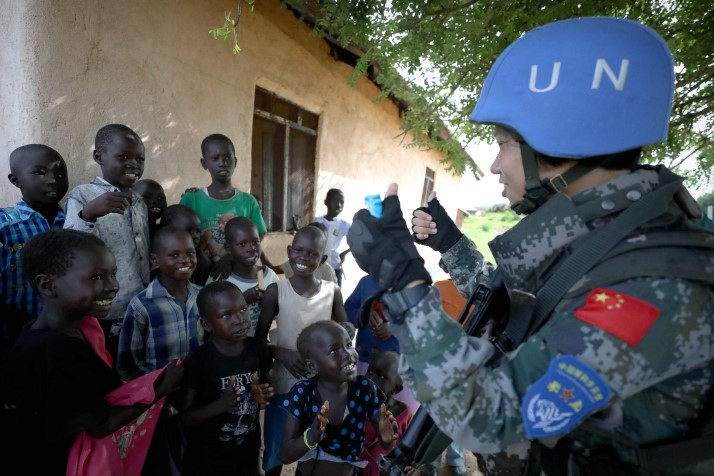
Inheriting the founding spirit of the United Nations towards the future
Peace and security are the most important goals of the United Nations, and UN actions with the Security Council as the core are highly prioritized. In recent years the UN has made various efforts in economic, social and humanitarian fields. In order to achieve the 17 Sustainable Development Goals (SDGs) formulated in 2015, the United Nations, together with enterprises, local governments and numerous non-governmental organizations, is engaged in various tasks of eliminating poverty and hunger and improving the world’s environment. In order to realize the ambitious vision of achieving the above goals by 2030 the whole world should take actions.
Judging from the responses of various countries to the COVID-19 epidemic, each country and region seems to be fighting this global threat in its own way. However, it is encouraging to see that China and Japan are conducting diplomacy to combat COVID-19 outbreak from a global perspective. China can work as a permanent member within the framework of the UN Charter while Japan and Germany cannot. At the UN General Assembly in 2005, Japan, Germany, India and Pakistan failed in their efforts to amend the UN Charter to add new permanent members. It is my anticipation that there will be increasing attempts to strengthen the role of the United Nations in the future, such as setting up a new quasi-permanent membership framework that can attract more countries to participate. Seventy-five years ago, national leaders gathered in San Francisco depicting the vision of a more peaceful and prosperous world for all centered around the United Nations. Now we hope that on the basis of the achievements of the past 75 years, the United Nations will achieve strong development with the support and participation of more countries.
In my opinion if we are disappointed or give up on globalization or activities in various fields led by the United Nations, we will be trapped in narrow-minded vision. Let us carry on the lofty vision of the insightful founding fathers of the United Nations with the global dream 75 years ago and at the same time integrate our generation’s dreams and ideas, devote ourselves to solving the major issues the international community is facing now. Let us join hands to stride forward to the future.
Translated by Chen Ying
 Facebook
Facebook
 Twitter
Twitter
 Linkedin
Linkedin
 Google +
Google +










